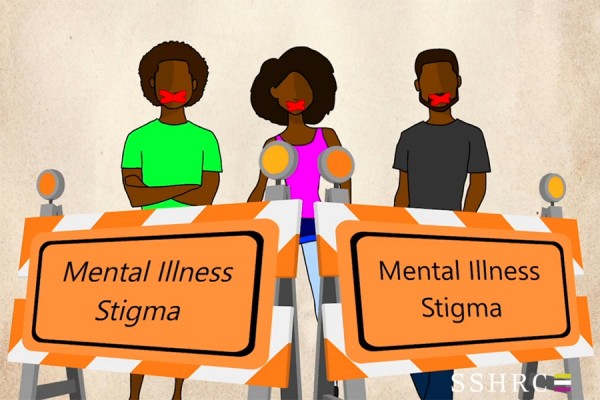 Odette School of Business professor Kyle Brykman is leading a study on the resiliency of small businesses.
Odette School of Business professor Kyle Brykman is leading a study on the resiliency of small businesses.
A study on how small businesses are responding to the first wave of COVID-19 could help identify strategies to overcome similar crises in the future, says a UWindsor business professor.
The Odette School of Business’s Kyle Brykman is leading a study on how companies can lead and engage their employees through these unprecedented times. The goal is to determine best practices to help businesses withstand the pandemic’s economic fallout.
“We know that small businesses have been hard hit,” said Dr. Brykman, who specializes in business resiliency. “If we don’t study this now, we won’t be prepared the next time around.”
Small businesses are the backbone of the Canadian economy. According to the most recent numbers available from Statistics Canada, 8.3 million Canadians, or almost 70 per cent of private-sector workers, earn their livelihoods in workplaces with fewer than 100 employees.
Figuring out how to make small enterprises more resilient is crucial to Canadian society, Brykman said.
He is collaborating with UWindsor’s Francine Schlosser, who specializes in entrepreneurship and innovation, on the research project. Together they hope 100 employers in Windsor, Essex County, and elsewhere in Ontario will participate. The survey is open to any business with more than two employees.
To participate, business owners fill out an online survey.
The survey asks about the COVID-19 experience for businesses — did they shut down, operate on reduced hours, limit or cancel travel, or require employees to work from home. It asks how much of a cash buffer the business has, whether there have been layoffs, and if anyone in the workplace contracted COVID-19.
It also asks more subjective questions that delve into the confidence level of employees and how well they solve problems and cope with challenges.
There are questions about communication to gauge how well employers are keeping workers informed.
“We want to know what the best companies are doing now to re-engage employees when things get back to normal,” Brykman said.
The project will conclude with an interactive webinar and white paper for participants to directly benefit from this study.
They will also share in $1,000 worth of gift certificates, Brykman said.
He said he doesn’t want to hear solely from businesses adversely affected by the pandemic.
“We know that some businesses are actually thriving right now. We want to hear from them, too.”
Brykman has received funding for the project through UWindsor’s Office of the Vice-President of Research and Innovation and the WE-Spark Health Institute, a research partnership involving the University of Windsor, Windsor Regional Hospital, Hotel-Dieu Grace Healthcare, and St. Clair College. It is one of 21 local COVID-related projects WE-Spark is supporting through its COVID-19 Rapid Response grant program.
—Sarah Sacheli



